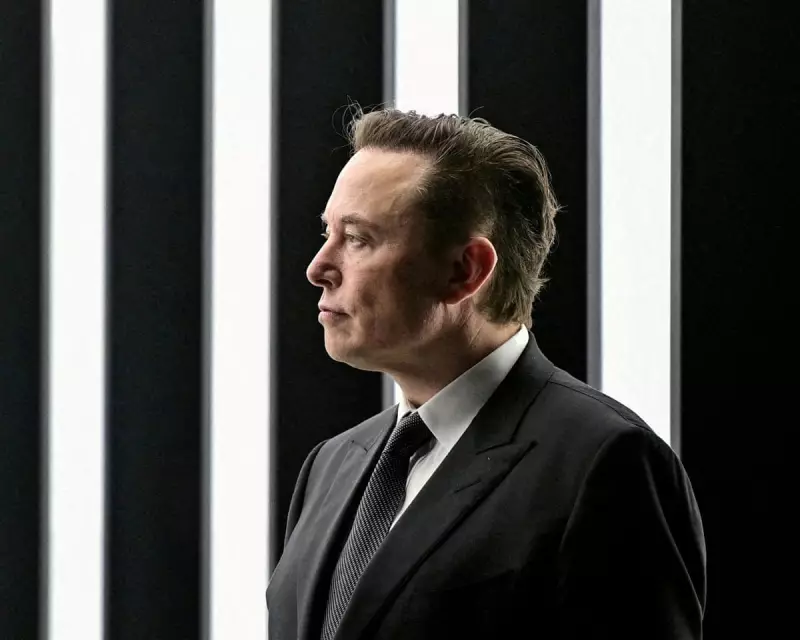
In a stunning development that could reshape corporate governance standards, Norway's colossal sovereign wealth fund has taken a stand against one of the largest executive compensation packages in history.
The Billion-Dollar Standoff
Nicolai Tangen, the chief of Norway's $1.7 trillion wealth fund – the world's largest – has confirmed the fund's decisive vote against Elon Musk's staggering £44 billion pay package at Tesla. This move positions the Norwegian fund as a central player in what's becoming one of the most significant shareholder rebellions of the decade.
The fund's opposition comes at a critical juncture, with Tesla's annual shareholder meeting just days away. With its substantial 0.98% stake in the electric vehicle giant, the Norwegian fund's position carries considerable weight in the ongoing battle over corporate governance and executive compensation.
Why Norway Said No
In an exclusive statement, Tangen outlined the fund's reasoning: "We remain concerned about the total size of the award, the structure given performance triggers, dilution, and lack of mitigation of key person risk."
The fund's concerns extend beyond mere numbers. They've highlighted fundamental issues with how the package was structured and approved, noting significant worries about "the fairness of the process" that initially granted Musk this unprecedented compensation in 2018.
Legal Battles and Shareholder Unrest
The compensation package's journey has been anything but smooth. Earlier this year, a Delaware judge voided the deal, describing it as "an unfathomable sum" that was unfair to shareholders. Tesla's board responded by putting the same package up for a fresh shareholder vote, attempting to secure renewed approval.
However, the Norwegian fund's rejection signals that Tesla's leadership faces an uphill battle. The fund manages Norway's vast oil and gas revenues and has become increasingly influential in pushing for responsible corporate governance worldwide.
Broader Implications for Corporate America
This isn't the first time the Norwegian wealth fund has challenged Musk's leadership. The fund also voted against the re-election of board chair Robyn Denholm and Musk's brother Kimbal Musk, citing concerns about board independence.
The standoff represents a broader clash between traditional corporate governance standards and the unique leadership style that has characterised Musk's tenure at Tesla. As one of the world's most influential institutional investors takes a stand, the outcome could set new precedents for executive compensation across global markets.
With the shareholder meeting looming, all eyes are on whether other major investors will follow Norway's lead in what could become a defining moment for corporate accountability in the technology sector.





